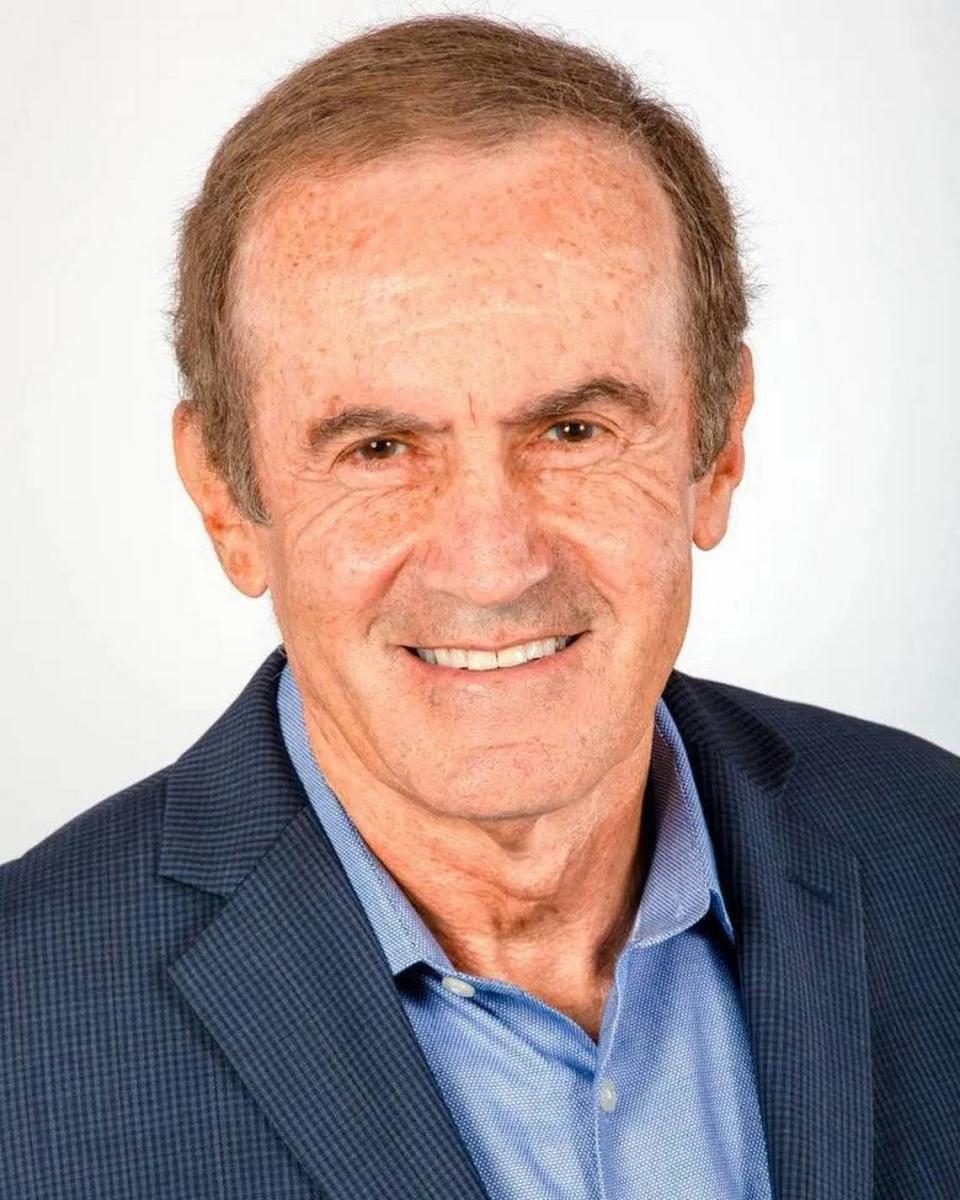Is Russia serious about deploying troops in Venezuela and Cuba? Most in Washington say, ‘Nyet’ | Opinion
When I heard that Russia was considering troop deployments in Venezuela and Cuba amid growing U.S.-Russia tensions over Ukraine, I first thought it was the plot of a new Netflix political mystery thriller.
But it was not.
It was an actual news story by The Associated Press out of Moscow. The Jan. 13 story quoted Sergei Ryabkov, Russia’s deputy foreign minister, saying that he could “neither confirm nor exclude” the possibility of sending Russian troops to Latin America if the United States and Europe didn’t curtail what he described as their escalating military activities near the Russian border.
“It all depends on the action of our U.S. counterparts,” Ryabkov told the RTVI Russian television network. He was referring to the mounting U.S.-Russia threats following Russia’s deployment of tens of thousands of troops on its border with Ukraine in December.
Russian leader Vladimir Putin has suggested that he would invade Ukraine unless he gets a U.S. guarantee that Ukraine will never join the NATO military alliance, which he said would amount to a Western military threat to Russia.
U.S. National Security Advisor Jake Sullivan told reporters that the United States would respond “decisively” if Russia were to send troops to Venezuela and Cuba. But he characterized the Russian deputy foreign minister’s statement as “bluster.”
Nevertheless, the mere talk about an escalation of Russia’s military presence in Latin America brought inevitable parallels with the 1962 Soviet missile crisis, in which the United States and the former Soviet Union came close to starting a nuclear war over the deployment of nuclear-armed Soviet ballistic missiles in Cuba.
Just like during the Soviet missile crisis, Russia’s veiled threat to send troops to Venezuela and Cuba is probably a symbolic way to tell Washington, “If you break into my back yard, I’ll break into yours.”
Putin’s stance on Ukraine is popular among most Russians. After centuries of fighting foreign invaders, average Russians are sensitive to real or imagined foreign threats, Russian experts say.
“Take any Russian on the street, and he will tell you that his father fought against the German invaders, or that his grandfather fought against the Japanese invaders and so forth — going all the way to the Mongols,” a friend based in Moscow told me. “Unlike in the United States, which is geographically protected by two oceans, most Russians feel they needs buffer states to protect themselves from potential foreign powers.”
Elliott Abrams, a foreign-policy hard-liner who served as the Trump administration’s special representative for Venezuela from 2019 to 2021, agrees with the Biden administration’s assessment that Ryabkov’s statements were “bluster.” It was “an idle threat,” he told me.
“I think the Russians are smart enough to know that a major deployment of Russian troops in Latin America would force the Biden administration to take a harder line toward Russia,” Abrams told me. “The reaction in the United States would be very negative.”
Besides, Russia already had about 150 military trainers in Venezuela last year, he said.
“If the Russians put 5,000 soldiers in Venezuela, that would be a threat to Venezuela’s neighboring countries,” Abrams said.” But if they go from 150 to 350 soldiers, that’s meaningless. In Cuba, it wasn’t the soldiers who provoked the [1962] crisis; it was the missiles.”
Abrams added that he’s much more concerned about Iran’s military inroads into Latin America than about Russia’s. “Iran wants a projection of military power across the Atlantic, he said.”
There are several other reasons why Russia is unlikely to start a military buildup close to the U.S. borders.
Today’s Russia is a military giant, but an economic midget among world powers. Its economy ranks 11th in the world, behind Brazil’s, and it’s about the size of South Korea’s. It’s hardly in a position to seek a head-on military confrontation with Washington.
I wouldn’t be surprised to see a symbolic increase of Russian troops in Venezuela and Cuba as part of the current saber-rattling over Ukraine. But, so far, neither conservatives nor liberals in Washington’s foreign-policy establishment are losing much sleep over a potential Russian troop deployment in Latin America.
Don’t miss the “Oppenheimer Presenta” TV show on Sundays at 7 pm E.T. on CNN en Español. Twitter: @oppenheimera; Blog: www.andresoppenheimer.com


